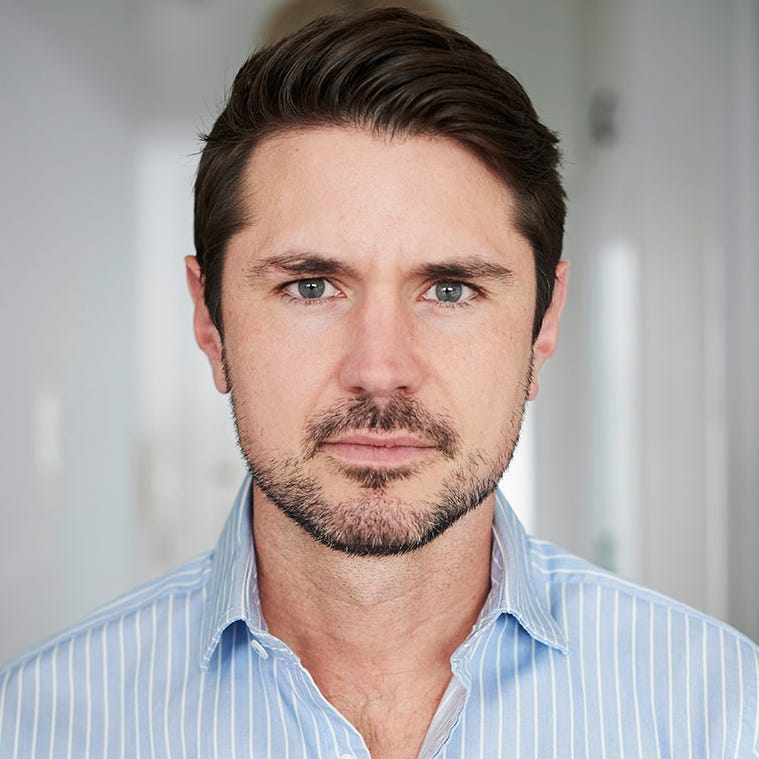Every now and then, in the middle of a conversation, I’ll casually mention something I talked about with my coach. And almost without fail, I get the look. A tilted head. A curious pause. Sometimes a skeptical squint. “Wait… you have a coach?”
I’ve gotten used to it.
I don’t play a sport. I’m not training for a marathon or gearing up for the Olympics. So …




